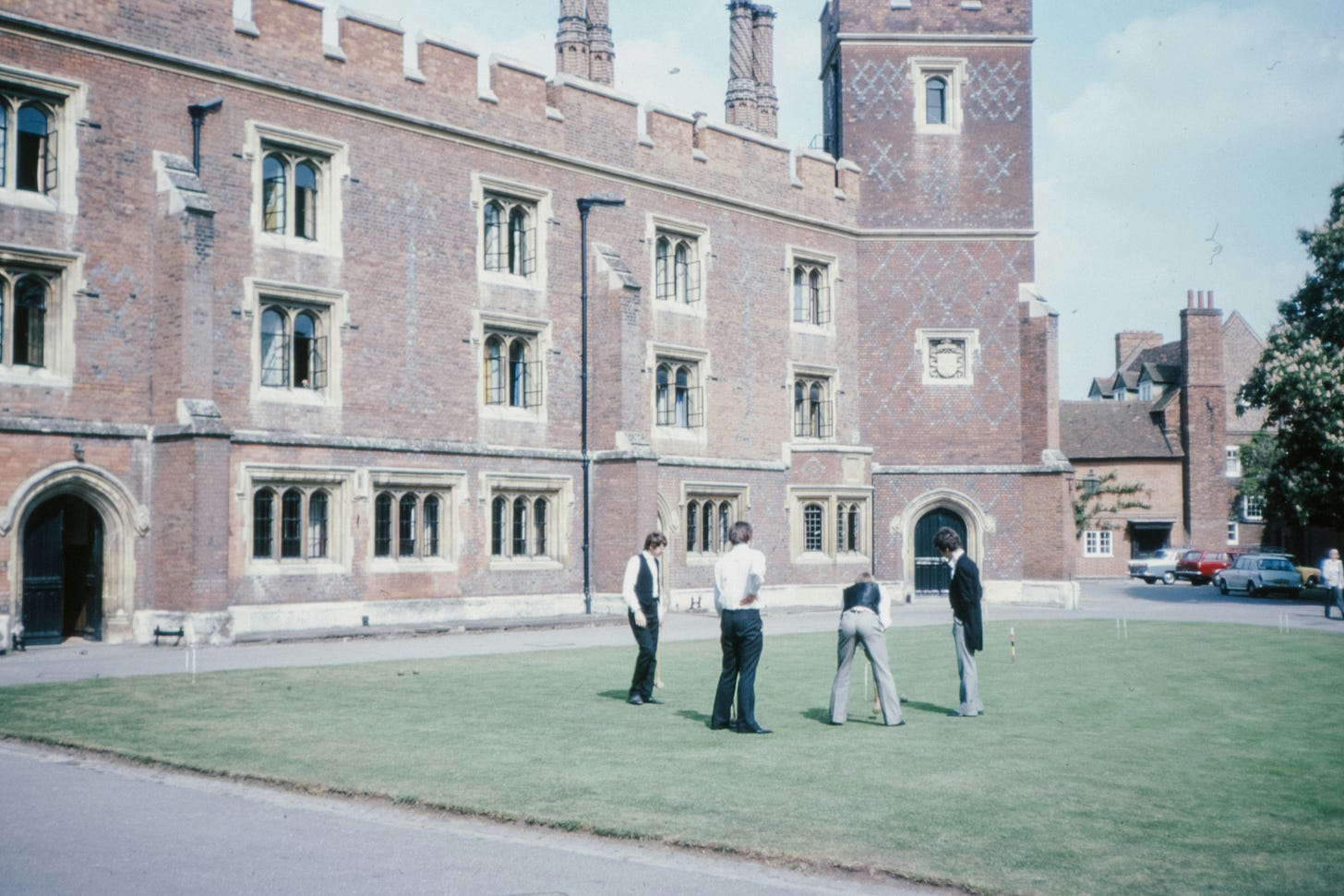3 Things to Consider When Choosing a School
Finding the right school is one of the biggest challenges parents face
Choosing the right school is about far more than just league tables and academics.
It’s about finding a place where your child will thrive — academically, socially, and personally. Your child will spend their most formative years at school and it is important to make sure it is the right fit.
Over the years, I’ve found that three factors tend to make the biggest difference in whether a school is the right fit:
Culture fit
Entry process
Where they go next
1️⃣ Culture Fit — “Will they be happy here?”
This question is one of those asked (perhaps not directly) in the second round of the admissions stage when your child is interviewed. It is important to think carefully about this question and for your child to be able to voice realistic and evidence-based enthusiasm in their interview.
The best way of answering this question is to visit as many schools as possible and for your child to think about their current/potential interests and how these can be encouraged at the new school.
This culture fit is about matching your child’s personality and interests with those of the school. A very sporty child will likely feel out of place in a very academic school which does not have as many sporting facilities. Equally a child who enjoys Classics and Latin may want to go to a school where Greek is an option.
Here are some things to consider in order of importance:
Full Boarding/flexi-boarding/day school - has your child had experience of boarding?
Boys’/Girls’ school versus Co-ed school - which environment will your child flourish best in?
Traditions of the school - will a formal/strict environment suit your child?
Religion - most major schools have Church of England chapels. Are there sufficient facilities for students of other faiths (e.g. Muslim, Roman Catholic backgrounds)?
Compare your child’s current sporting interests with the availability/ability of the school
Compare your child’s current drama/music interests with the availability/ability of the school
Any niche academic or teaching options e.g. Greek, Mandarin, History of Art
Availability of other extra-curricular activities, e.g. Combined Cadet Force
2️⃣ Entry Process — “Can we get in?”
It is important to be realistic from the start. UK independent schools, particularly London day schools, are increasingly competitive. Some schools have 10 or more applicants for every place; others are more accessible but still have a set entrance procedure.
Look carefully at:
When registration closes (sometimes Year 5 for Year 9 entry)
Which tests are used — ISEB Pre-Test, CAT4, school-specific exams
Expectations of sporting/music/drama experience
A realistic assessment of your child’s current level is essential here. If you are unsure, commission an initial assessment with a tutor and get advice on suitable schools. Some students will be very good at CAT4 tests but struggle with adaptive tests like the ISEB Common Pre-Test.
3️⃣ Where Do They Go Next?
It’s easy to get caught up in the entry without thinking about the exit. What options are there in Sixth Form? Are only A-Levels offered or does the school also offer the International Baccalaureate (IB)? This is important for understanding where most pupils go after Sixth Form. Some schools now have a lot more students attending US than UK universities.
A school’s leavers’ destinations tell you a lot about:
Academic profile and support
Careers and university guidance
The peer group your child will have in their later teenage years
Your child will spend some of their most formative years at senior school — it’s worth knowing how those years typically shape a young person’s future.
Final advice
The best option is to apply to several schools - usually around 5-6 is advised. Academics and facilities are important — but you also want your child to feel at home, to be stretched just enough, and to have doors open when they leave.
💡 For a full guide on how to navigate the UK independent school admissions process — from ISEB to interviews and beyond — you can find my new book, A Parent’s Guide to UK Independent School Admissions, on Amazon in paperback and Kindle.



